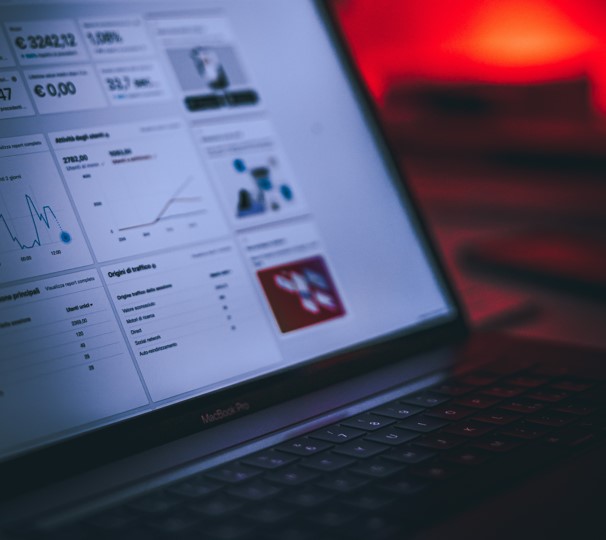Digital marketing trends as a unit are the talk of the hour. Everyone is acquainted with the internet and other technological innovations. Merging them with marketing strategies gives birth to digital marketing trends. These trends are quite dominant in society nowadays.
Table of Contents
1. Google Analytics 4
Google Analytics 4, commonly known as GA4, is an advanced digital marketing trend that collects data based on app and website events. The purpose of GA4 is to serve as a reliable property for the future of measurement.
It collects data from various sources to make the customer journey easy and provides a wider view. GA4 focuses more on data than the session. It has a confident privacy system and provides easy predictions.
2. AI-driven conversational marketing
AI-driven conversational marketing is a genuine game changer in the market. 80% of customers believe this kind of marketing is suitable for boosting their service experiences. Chatbots are the most prominent examples of how AI-driven conversations have improved customer experience, easier, and quicker.
3. Augmented reality and phygital experiences
Introducing augmented reality or AR to digital marketing is very productive. A survey report predicts that the AR market will have a huge boost from 25 billion dollars to 71 billion dollars in 2028.
This survey report is enough to prove that AR plays a very important private role in shaping future marketing strategies. By 2024, it is sure that many big brands will incorporate augmented reality into their campaigns. By doing this, they hope to expand their business.
4. Sustainability and ethical practices
Even though technological advancements are doing quite well in the market, sustainability is parallelly doing well too. A survey report shows that around 80% of US customers find a sustainable lifestyle important.
Talking about ethical practices, data transparency, and advertising practices are fundamentals for digital marketing trends in 2024. Green advertising is a prominent example of sustainability. IKEA’s eco-friendly campaigns make us aware of environmental commitments.
5. Personalized marketing
In simple words, personalized marketing is when one tailors his/her marketing strategies according to the data he/she has collected from his/her contacts. The collected data includes fields of interest, shopping preferences, and purchase history. Personalized marketing includes individual emails and less generic advertising.
6. Artificial automation
Artificial automation includes artificial intelligence techniques like machine learning algorithms, NLP (Natural Language Processing), computer vision, etc. Through these techniques, it processes large amounts of data. Instead of depending on manual work, artificial automation relies on a machine to take care of everything.
7. Mix-and-match marketing
Mix marketing is a set of tactical marketing tools that an individual or a company uses to yield a desirable result from its target market. These tools help in making plans and executing them in a systematic way. There are 4 Ps of this digital marketing trend.
Those are Products, Prices, Places, and Promotions. The place is also called distribution. By combining these 4 Ps, a company can establish the product’s value within its target audience.
8. Inclusive marketing
Inclusive marketing is one of the most social digital marketing trends. It focuses on the diversity of human beings. It considers factors like age, gender, religion, appearance, ethnicity, social and economic status, etc. On top of that, this kind of marketing also keeps an eye on physical and mental ability.
Inclusive marketing acknowledges that its audience belongs to different groups. By doing so, a company can customize its products to suit the respective groups. This provides the customers with a sense of identity and priority.
9. Micro-influencer makeover
Many brands find connecting with public figures to promote their products is a really good idea. This way, they set up a root system where every root supplies information about a product to everyone under it. Working with micro-influencers means promoting a product through someone who has social media followers ranging from 1000 to 100000.
This is like a symbiotic process. Social media figures need followers, and through brand names, they can attract customers to their accounts. In return, the brand gets more people through these influencers.
10. Smart psychology
Smart psychology is a very intellectual tool for digital marketing trends. It focuses on the question of why a customer buys from an online platform what he/she buys. Smart psychology increases conversion rates greatly and also reduces the bouncer rates at the same time. It helps in relatable promotions and convincing reluctant customers to buy a particular product.
Read more: Tailoring marketing strategies: all about generational marketing in the digital era












